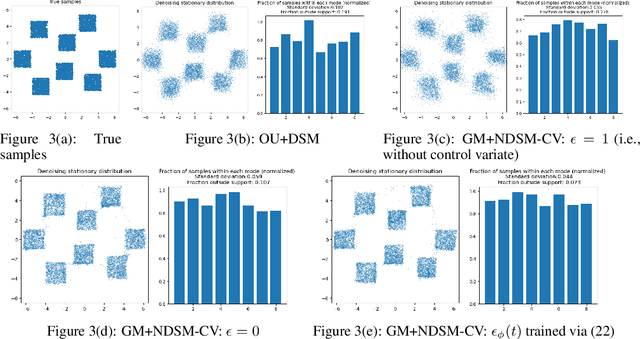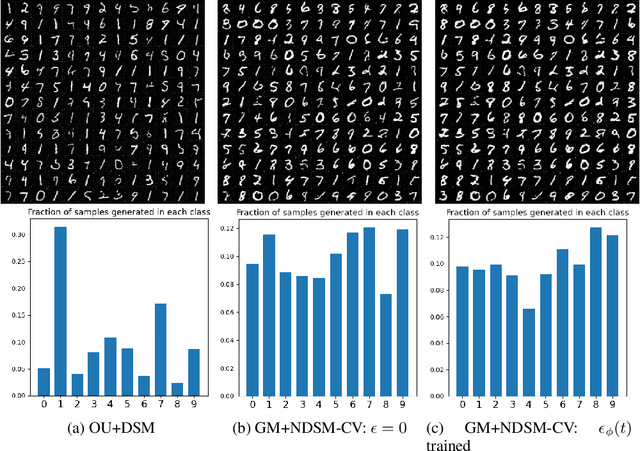Benjamin Zhang
ExAct: A Video-Language Benchmark for Expert Action Analysis
Jun 06, 2025Abstract:We present ExAct, a new video-language benchmark for expert-level understanding of skilled physical human activities. Our new benchmark contains 3521 expert-curated video question-answer pairs spanning 11 physical activities in 6 domains: Sports, Bike Repair, Cooking, Health, Music, and Dance. ExAct requires the correct answer to be selected from five carefully designed candidate options, thus necessitating a nuanced, fine-grained, expert-level understanding of physical human skills. Evaluating the recent state-of-the-art VLMs on ExAct reveals a substantial performance gap relative to human expert performance. Specifically, the best-performing GPT-4o model achieves only 44.70% accuracy, well below the 82.02% attained by trained human specialists/experts. We believe that ExAct will be beneficial for developing and evaluating VLMs capable of precise understanding of human skills in various physical and procedural domains. Dataset and code are available at https://texaser.github.io/exact_project_page/
Nonlinear denoising score matching for enhanced learning of structured distributions
May 24, 2024



Abstract:We present a novel method for training score-based generative models which uses nonlinear noising dynamics to improve learning of structured distributions. Generalizing to a nonlinear drift allows for additional structure to be incorporated into the dynamics, thus making the training better adapted to the data, e.g., in the case of multimodality or (approximate) symmetries. Such structure can be obtained from the data by an inexpensive preprocessing step. The nonlinear dynamics introduces new challenges into training which we address in two ways: 1) we develop a new nonlinear denoising score matching (NDSM) method, 2) we introduce neural control variates in order to reduce the variance of the NDSM training objective. We demonstrate the effectiveness of this method on several examples: a) a collection of low-dimensional examples, motivated by clustering in latent space, b) high-dimensional images, addressing issues with mode collapse, small training sets, and approximate symmetries, the latter being a challenge for methods based on equivariant neural networks, which require exact symmetries.
 Add to Chrome
Add to Chrome Add to Firefox
Add to Firefox Add to Edge
Add to Edge